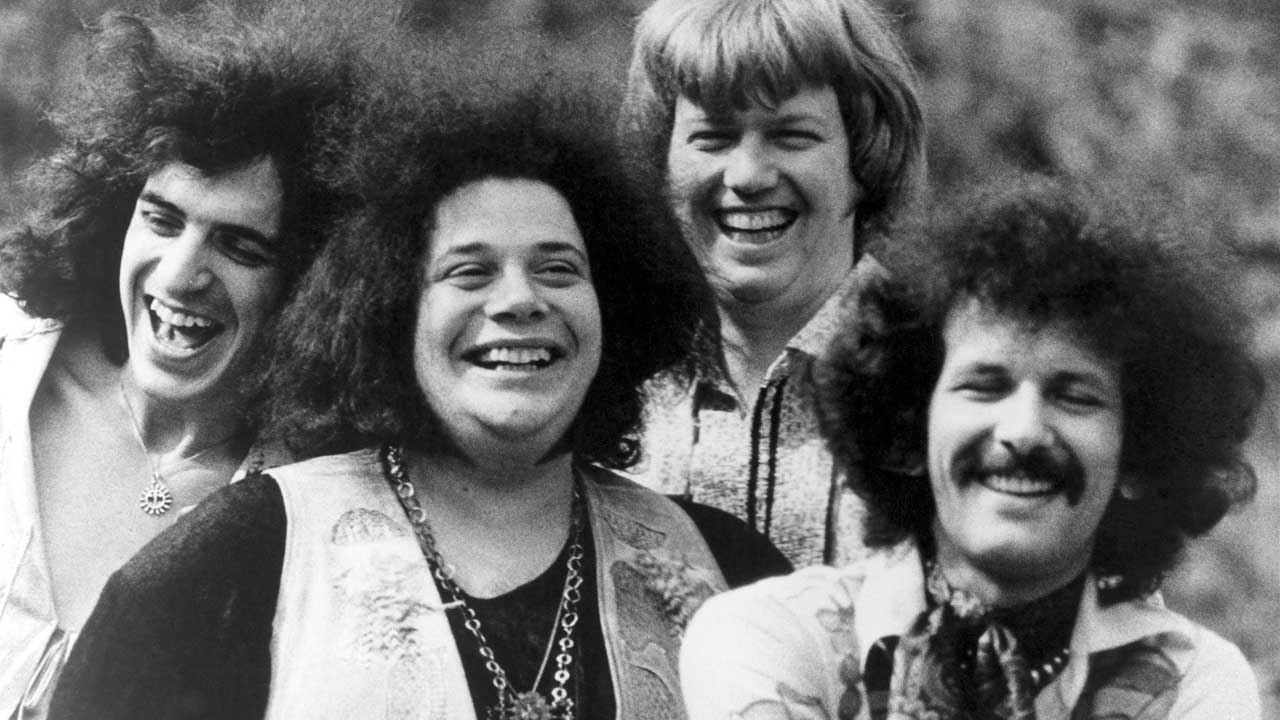How Mountain's harrowing tale of cannibalism and cheating reflected the band's heart of darkness
The hard-rock classic that became the theme for a TV current affairs show, Nantucket Sleighride (to Owen Coffin) was based on a true story

Select the newsletters you’d like to receive. Then, add your email to sign up.
You are now subscribed
Your newsletter sign-up was successful
Want to add more newsletters?

Every Friday
Louder
Louder’s weekly newsletter is jam-packed with the team’s personal highlights from the last seven days, including features, breaking news, reviews and tons of juicy exclusives from the world of alternative music.

Every Friday
Classic Rock
The Classic Rock newsletter is an essential read for the discerning rock fan. Every week we bring you the news, reviews and the very best features and interviews from our extensive archive. Written by rock fans for rock fans.

Every Friday
Metal Hammer
For the last four decades Metal Hammer has been the world’s greatest metal magazine. Created by metalheads for metalheads, ‘Hammer takes you behind the scenes, closer to the action, and nearer to the bands that you love the most.

Every Friday
Prog
The Prog newsletter brings you the very best of Prog Magazine and our website, every Friday. We'll deliver you the very latest news from the Prog universe, informative features and archive material from Prog’s impressive vault.
When Mountain went into the Record Plant studios in autumn 1970 to put the finishing touches to their second album, there were already mutterings within the camp that bass player/producer Felix Pappalardi and his girlfriend (later wife) Gail Collins were exerting a stranglehold on the band’s output. When the band played at the Woodstock festival in 1969, it was only their fourth gig together. Their debut album, 1970’s Mountain Climbing!, had been a pretty democratic affair, with drummer Corky Laing providing the initial idea for its hit single, Mississippi Queen, with cowbell intro and David Rea’s lyric.
The follow-up, Nantucket Sleighride, was much darker, with Tired Angels (a morbid, Lord Of The Rings-influenced tribute to Jimi Hendrix), the claustrophobic, curse-like My Lady and The Great Train Robbery, which depicted the infamous villains behind the 1963 heist as outlaw heroes.
Those tracks paled into insignificance next to the title track – to give it its full title, Nantucket Sleighride (to Owen Coffin) – a fictional account of a true episode involving 19th-century whaling ship The Essex, which left Nantucket on an ill-starred hunt that ended in cannibalism.
Leslie West recalls the song with mixed feelings: “Felix came up with the idea, and Gail wrote the lyrics. Owen Coffin was the youngest guy in the long boat they sent to harpoon the sperm whale. They got dragged out to sea and were close to starvation, so they drew straws, and the kid got the short one. They ate him. The term ‘a Nantucket Sleighride’ refers to the whale diving deep with harpoons in its back, then flying to the surface and pulling the long boats out at speed.”
Collins’s lyrics glossed over the grislier details but her subtext was ingenious.
West: “The opening lines, ‘Goodbye, little Robin-Marie, don’t try following me/Don’t cry little Robin-Marie, ’cos you know I’m coming home soon,’ were about herself and addressed the fact that Felix was cheating with a girl called Robin-Marie. They had a weird dynamic, him and Gail, and I didn’t think much of it to begin with when things were great. Felix is talented, his wife writes the words, she does the artwork, she takes the photos of the group, designs the stage outfits, yada yada, and it’s all easy enough. Then it became too much. It was like when Yoko came along to The Beatles and Paul said, ‘Oh no.’”
Leslie wasn’t taken with the track. “I hated it at first because it was so fucking hard to play. There were intricate chords, not your usual four-trick pony, heavy riffs, a pretty section where Felix used a tiny keyboard like an accordion, and a recorder part for what shoulda been a flute in the middle eight. I was young and impatient at the time, and it was hard to learn the thing. It was more than your average classic rock blues song. Now I love playing it and I finish all my shows with it. Felix sang it originally. Sometimes I think of him. I never think of Gail.”
Sign up below to get the latest from Classic Rock, plus exclusive special offers, direct to your inbox!
West found it hard to relate to Nantucket Sleighride for other reasons. “I didn’t even know where Nantucket was! Felix and Gail were living there at the time, and he was writing a lot of stuff about Massachusetts, but I had no knowledge of the place or its history. So even while we were recording I was in the dark, especially in the studio where all the heavy sessions had to flow into each other.”
Under Pappalardi’s notoriously exacting instruction, the big man finally nailed it “when I came up with the riff in the middle. Then I was happier.”
West first heard the finished album in January 1971. “I was living in London at The Inn On The Park on Hyde Park and picked up a copy. I was so fucking pissed off! Gail’s name was all over the cover. Felix and her called all the shots. I was just the lead guitarist and sometimes the lead singer, but she was listed in so many different places it was ridiculous. Even on the cover art she drew herself – just like on the first album she painted herself standing in front of a mountain. I hadn’t realised it before, but then it hit me and left a very bad taste in my mouth.”
Nantucket Sleighride became a focal point of Mountain’s live set. “It was very popular; the big number, we closed the shows with it. It was a nightly jam, really. I wanted us to be like a heavy rock orchestra band, so I made my guitar sound like a violin, a viola and a cello.”
Sleighride became Mountain’s best-known song in Britain thanks to ITV’s current affairs programme, Weekend World, which used it as theme music, specifically a tub-thumping section that gives way to an organ motif played by the late Steve Knight. In the end Nantucket Sleighride would hold bitter-sweet memories for West, after Gail shot and killed Felix in 1983.
“There were terrible problems with heroin in Mountain. In the beginning they were a great husband and wife team, but when the dope started she got the hook in him and it was out of control. It went from really good to, ‘What the fuck is going on?!’ Heroin ruined the band for sure, and throwing Gail into the mix made it even worse.
“Hopefully the fans didn’t know about all that bullshit. But when you go behind the music and understand the power of the flowers of evil you see how awful it became. It took me years to recover from that period and it took a toll. I paid a heavy price.”
This feature originally appeared in Classic Rock 190, in October 2013.
Mick Wall is the UK's best-known rock writer, author and TV and radio programme maker, and is the author of numerous critically-acclaimed books, including definitive, bestselling titles on Led Zeppelin (When Giants Walked the Earth), Metallica (Enter Night), AC/DC (Hell Ain't a Bad Place To Be), Black Sabbath (Symptom of the Universe), Lou Reed, The Doors (Love Becomes a Funeral Pyre), Guns N' Roses and Lemmy. He lives in England.

